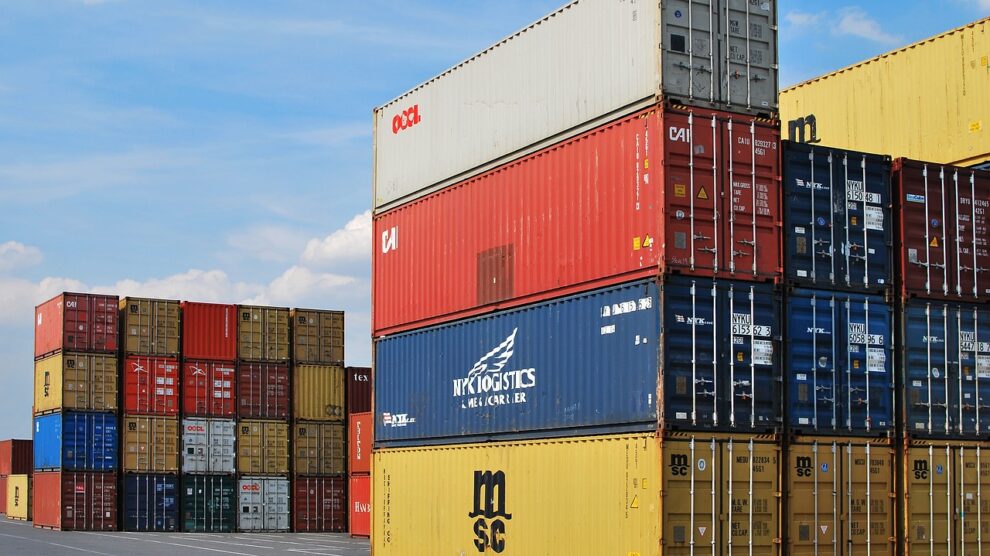A customs bond is required for importing commercial goods into the U.S. worth $2500.00 or more or for Chinese shipments valued at over $250. These bonds are a financial contract to ensure that the U.S. Customs & Border Protection (CBP) receives on-time payment of all taxes, duties, and other fees owed to the government. Let’s look at how bonds, specifically ISF bonds, work, and how they can be obtained.
What is an ISF bond?
The CBP labels an ISF bond as an “Activity Code 16 – Importer Security Filing (ISF) Bond.” The ISF is required to clear customs and involves transferring electronic data before an ocean vessel departs its point of origin. An essential element of filing is securing an ISF bond.
The ISF customs bond is a monetary guarantee that the CBP receives detailed data points effectively and timeously before cargo is even loaded. It is also a financial contract to ensure that the CBP is protected should importers not pay their dues. The deal involves three main parties:
- The principal – the Importer of Record (IOR). The IOR is the importer or business that posts the bond to do business with CBP.
- The surety – the company guaranteeing the IOR on the bond. The surety must be pre-approved by the Department of Treasury to underwrite bonds up to a specific limit. By writing the bond, the surety agrees to pay the CBP all dues should the principal fail to do so.
- Obligee – the beneficiary of the contract (the CBP).
How do I get an ISF bond?
There are numerous things to consider when obtaining a customs bond. Importantly, you need to hire a reliable, US-licensed agent to ensure your bond. One way to smooth the process of bond acquisition is through a licensed and experienced customs broker. Your broker will also help you apply for the correct bond type and activity code for your business requirements – and one that is most cost-efficient.
The two primary ISF bonds are:
- Single Transaction Bonds: These are used once to cover a single customs transaction.
- Continuous Bonds: These bonds cover all import transactions for a year from the date of issue and through any port of entry. The bond includes meeting requirements for ISF filing where relevant. If you have many imports or aim to have commercial goods enter via different ports for a year, this bond is probably your most viable option.
Is the application complicated?
The U.S. customs bond application process isn’t overly complicated or difficult. One needs to provide the following relevant information:
- Company Name
- Tax ID Number as one of:
- Employer Identification Number (EIN)
- Social Security Number
- Customs Assigned Number
- Business type
- Business address
- Years of operation
- Location of imported goods
- Description of imports
- Value of imports
Thanks to eezyimport’s simple online platform, you can do the entire process of ISF and Entry Summary bond filing and meeting other customs clearance requirements yourself – anywhere, anytime from your phone, tablet, or desktop. We help businesses save time and money by giving them the right tools at the right time!





